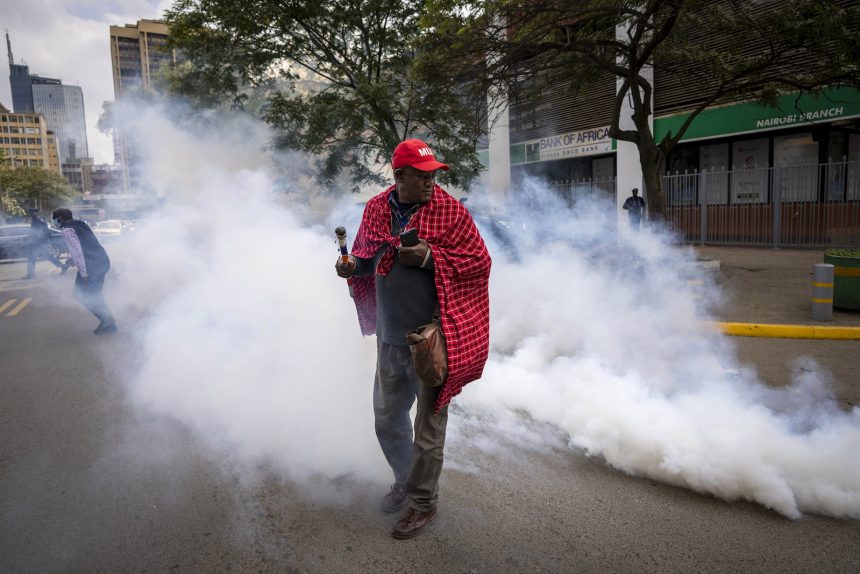This story is published as part of the Global Indigenous Affairs Desk, an Indigenous-led collaboration between Grist, High Country News, ICT, Mongabay, Native News Online, and APTN. Around 70,000 Indigenous Maasai people were expelled from their lands in northern Tanzania in 2022, reflecting a longstanding issue. The Tanzanian government has a history of attacking Maasai communities, arresting leaders, confiscating livestock, and using violence, while also blaming them for environmental degradation. This trend of criminalization against Indigenous communities, particularly in the face of mining, development, and conservation, was a focal point at the UN Permanent Forum on Indigenous Issues (UNPFII). The report released at the forum highlights the increasing criminalization of Indigenous Peoples worldwide and provides recommendations for addressing this alarming trend. The use of criminal law to suppress Indigenous rights and prevent advocacy is a key concern, as governments often fail to recognize or protect Indigenous rights in legal frameworks, especially in cases involving land disputes with extractive industries or conservation efforts. Historical discrimination, lack of access to justice, and false charges contribute to high rates of arrests and incarcerations among Indigenous peoples. The report emphasizes the need for UN bodies, states, and relevant actors to take action to combat this growing threat. Criminalization has severe consequences, with Indigenous land and environmental defenders facing targeted violence and high rates of incarceration. Indigenous journalists are also at risk, being targeted for reporting on protests or dissent against authorities. Laws that restrict free speech and criminalize protests further compound the challenges faced by Indigenous activists. As countries strive to protect more land and resources, the criminalization of Indigenous Peoples is expected to worsen. The report underscores the urgency of revising national laws, protecting Indigenous rights defenders, and promoting efforts to prevent and remedy criminalization.






